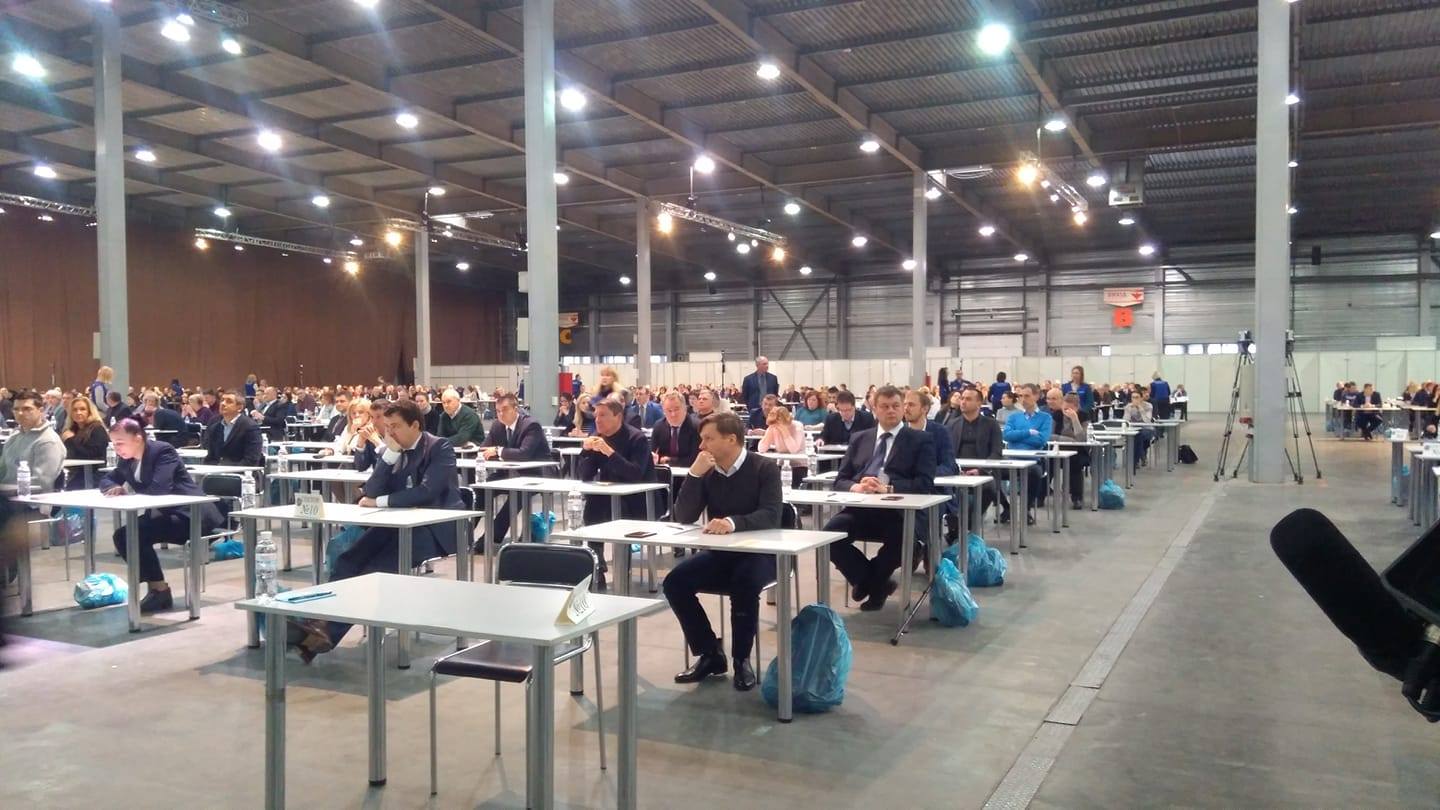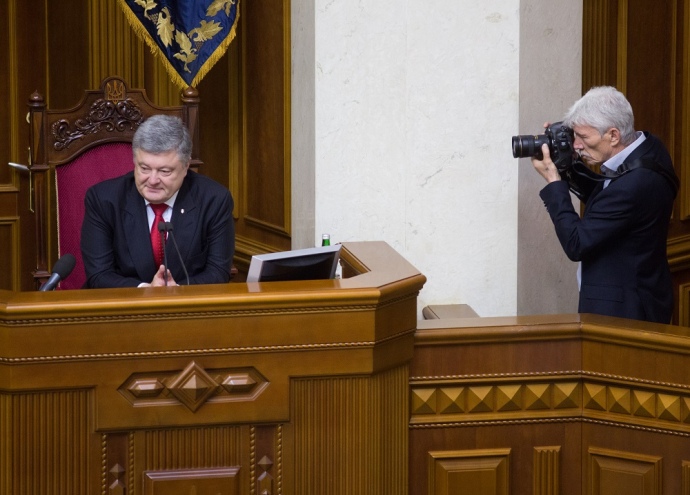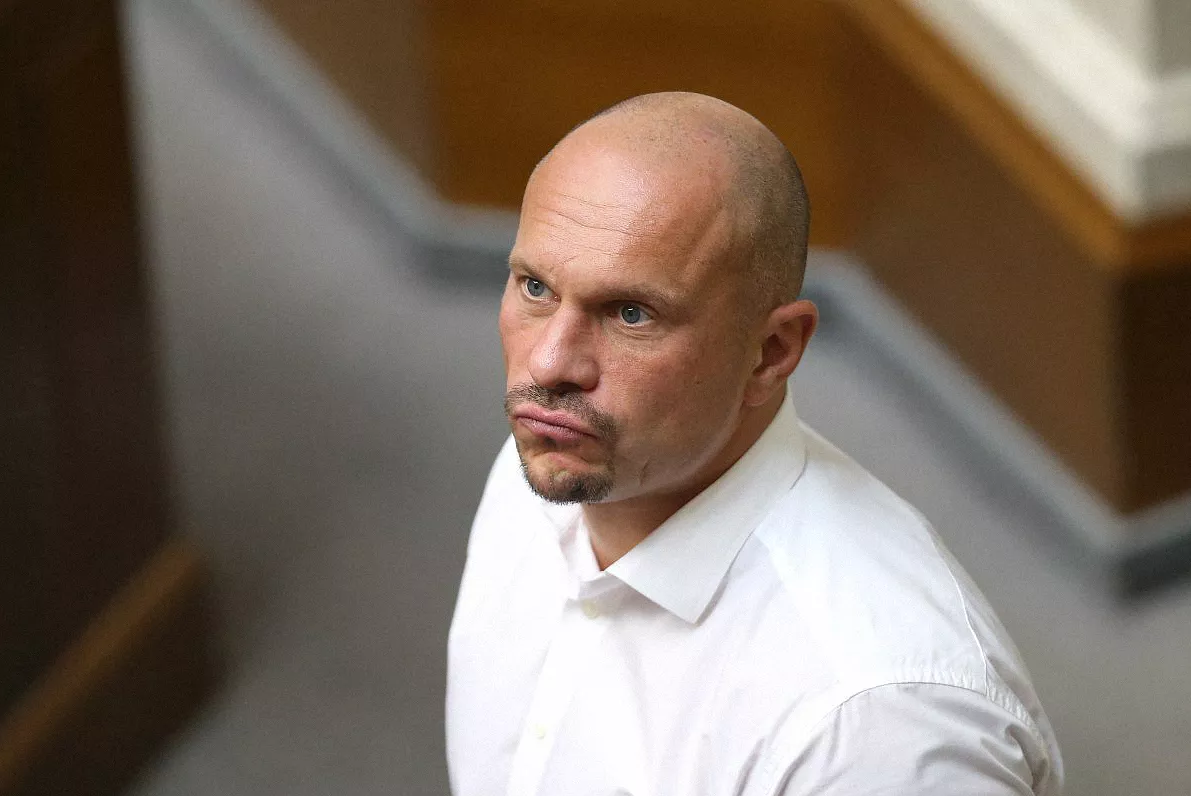Council conclusions on Ukraine are being blocked, the biggest group in the European Parliament has openly threatened to hinder the adoption of a law providing financial aid to the country, and the European Commission admits it is concerned by the slow pace of reforms.
At the end the of the day European Parliament has given the threatened green light to the new set of loans over the next two years, but not before a group of senior members of the European Parliament from the biggest EPP group in a rare move publicly warned to withdraw from the agenda the debate and postpone the vote on the EU’s Macro-Financial Assistance for Ukraine. A week before the June 13 vote in Parliament MEPs among whom the chair and the vice-chair of the Foreign Affairs committee of the Parliament David McAllister and Sandra Kalniete, the standing rapoporteur on Ukraine Michael Gahler and the chair of the Delegation for relations with Ukraine Dariusz Rosati stated that:
“We have high expectations that the final vote on the High Anti-Corruption Court will take place this coming Thursday as planned. However, if this is not the case, and given the already long delays in the implementation of this important element of the anti-corruption institutional architecture, we decided that the legislative text on the MFA should be withdrawn from the agenda and not put to vote in the European Parliament next week in Strasbourg.”
The European Commission’s vice-president Valdis Dombrovskis alos said in Parliament in Strasbourg that “we share many concerns” and that “the progress has been uneven” but pleaded for the approval of the assistance as an ‘instrument to support the reforms”.
“We are at a crucial point in time in Ukraine, with the expiry of the IMF programme in March 2019 and presidential and parliamentary elections also looming next year. The window for reforms may be closing as elections approach, so it is important to get this MFA programme up and running in the shortest possible time. If we delay or turn our back on Ukraine, the risk of reform reversals would be high.”, Dombrovskis warned.”
He reminded the Commission already canceled the last instalment from the previous assistance package over transparency of spending and the delays in anticorruption measures. In January 600 million euros for Ukraine from the EU budget were scrapped due to unfulfilled conditions on the loans.
The new, third financial package also is conditioned on progress in the prevention of corruption, the implementation the IMF programme and obligations to strengthen governance, administrative capabilities and the institutional set-up for preventing corruption. The European Commission which will be responsible for the payments is bound to report publicly on the fulfilment of the conditions, in particular those concerning the prevention of corruption.
Since 2014, in addition to the support under the Neighbourhood policy, more than €4,41 billion has been provided to Ukraine in macro-financial assistance.
The concerns expressed by Dombrovskis are no surprise as the EU top diplomate Federica Mogherini said after a visit in Kiev in March that:
“We recognize that several reforms adopted especially last year were extremely relevant – like energy and pension reform. But there are some other fields where some work has been done, we would like to see more determination.”
Back then she forewarned that some EU states are eager to see Ukraine advancing faster in anticorruption reforms and the creation of the special anticorruption court.
The divisions among them seems to deepen over the last months as the 28 were not able to agree on the text of the annual conclusions with which the EU foreign ministers evaluate the progress of reforms, the challenges and the areas of common interest. The conclusions were being prepared for the Foreign Affairs Council meeting in May, but the topic was dropped from the agenda at the last moment after the countries failed to reacj consensus on the tone of the document. Some, among those the Baltics and Poland, were said to find the proposed conclusions too harsh on Kyiv which is at war since 2014 and still is advancing in reforms. Others insisted that the EU which is providing political, economic and financial relief to Ukraine, including visa free travel and extended import quotas, is yet to see more convincing results and irreversible reforms in response. Some are voicing dissatisfaction of the access provided to EU goods on the Ukrainian market. There are member states like Italy which are pushing for an evaluation of the effectiveness of sanctions in place since 2014. According to a diplomatic source the draft proposal on Council conclusions was put on hold because the Friends of Ukraine group (informal working body of members in the Council) didn’t want to send a “very critical message to Ukraine”. The question of conclusions which EU adopts yearly on all partner countries is taken off until further notice from the discussions of the EU ambassadors who already started preparations for the EU-Ukraine summit on 9 July.
The work on the final draft summit declaration is far from over as different countries are raising national concerns over relations with Kyiv, an EU official said. Most of them are “old issues” like the Netherlands troubles with the EU membership perspective for Ukraine or the Hungarian worries over the Ukrainian language law and the rights of the Hungarian minority to learn their mother tongue.
In the meantime, to encourage Ukraine to step up the effort the EU is planning to take part in a high-level conference on Ukrainian reforms on 27 June in Copenhagen. The conference co-hosts, the governments of Denmark and Ukraine would like to “provide a platform to bring the international community together with the Ukrainian Government, civil society and private sector representatives who are committed to promoting reforms in Ukraine”, the Danish Foreign ministry has said in a statement.








